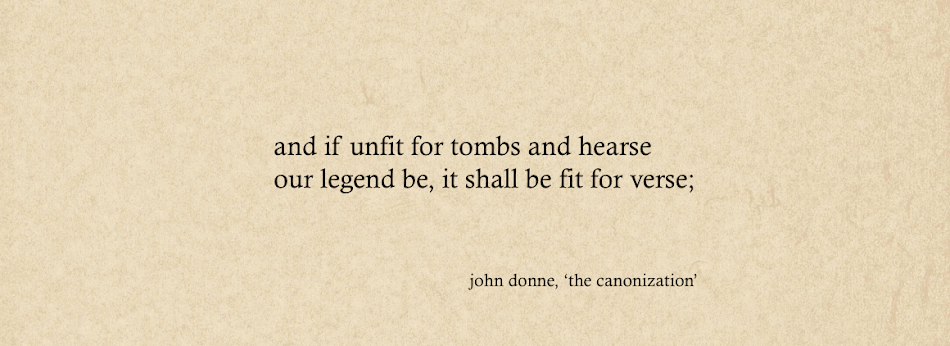I came across a recent North Carolina controversy regarding a vocabulary lesson for high school seniors that included elements about Islam. Personally, I wish Singapore had more religious education. I wish that I knew earlier that Hari Raya Haji commemorated Abraham's sacrifice. I wish we were more aware of the beauty in our differences. It's great that students are being taught about who Muhammad was, and about what Islam really is about, in light of all the Islamophobia being triggered from the actions of extremist groups.
1. What's wrong with teaching about Islam?
This worksheet was accused of "[pushing] the religion on students", being "Islamic propaganda", etc. A parent said “What if right after Pearl Harbor our educational system was talking about how great the Japanese emperor was? What if during the Cold War our educational system was telling students how wonderful Russia was?”
Is this lesson dangerous to national identity? The sentence completion worksheet does sound a bit pushy, but this is part of their World Literature lessons, "which emphasizes culture in literature". It's allowing the students to step into Muslims' shoes. Is that dangerous? A person who knows more is always more equipped to make informed judgments. Instead of worrying about the student getting sucked into other cultures just by knowing about them, why not dare to see how the world is beautiful in multiple ways? (And these lessons were for high school seniors - 16-17 years old. They're almost entering university. They probably aren't about to be swayed by every piece of information.)
Is the parent worried that learning about the beauty of Islam will make students sympathize with extremists? A terrible act (or even many) doesn't make its entire culture inherently bad; it's this sort of polarising that results in senseless racism and hate. Is Islam the enemy, or is extremism?
Fear is triggered by the unknown. In light of terrorism, should we condone irrational and ignorant Islamophobia, or teach people about what Islam really is? The parent's attitude is exactly what the school hopes to curb. Extremist Islamic movements doesn't make Islam an ugly religion. (If you would allow me to draw this analogy - it's a little like using Westboro Baptist Church to form your impression of Christianity.) I personally believe that it isn't religion that kills; it is people who do. People take the bits of religion that they agree with and run with it. But even if you believe that religion is the cause of these horrible events, does that make the religion not worth learning about? Doesn't it make sense to "know your enemy", to understand what exactly you're against and why?
The same parent said “I just told my daughter to read it as if it’s fiction. It’s no different than another of fictional book you’ve read.” Which part of the vocabulary guide is fiction? Muhammad's previous career? The five pillars of faith? The fact that it was an influential movement? The sentence completion worksheet is obviously an imagination-stimulating exercise, but it's a wonderful one: it invites the students to step into the world of another, to realize beauty in other cultures.
The real issue, I think, was identified by one of the students: “If we are not allowed to talk about any other religions in school – how is this appropriate?”
2. Avoiding discussion of religious diversity
The problem is that countries and schools are shying away from religious discussion. America is largely moving away from the public mention of religion. Military personnel aren't supposed to talk about religion - when a fellow soldier is wounded, or grieving, or badly in need of something to hold on to, you aren't supposed to mention your faith even if it's the one ray of hope. Giving out religious material is banned from the classroom; public religious talk is treated with wariness. Last semester in school, we discussed how France (and Singapore) banned the Muslim headscarf in public schools, in the name of secularity. Schools seem to be avoiding religion to create an impression of sameness, so that the country can more easily forge a national identity, like as if we can't handle our differences and thus we must pretend they don't exist. I wish we did the opposite instead: teach one another about our faiths, deepen our understanding of one another, and celebrate our diversity.
In upper primary I hung out with the Indians and Malays, so I celebrated Hari Raya with ketupat and green packets, and Deepavali with curry and Bollywood movies. I watched my Indian friends dress up, flowers and oil and beautiful bangles. In secondary school, practically everyone wore saris on Racial Harmony Day. And when Nazeera dressed up in traditional Malay dress with her tudung, everyone was amazed by how mature and graceful she looked. Last semester I was so fortunate to have learnt more about the Abrahamic religions, and it's beautiful how they build upon one another.
Recently Divina showed me around a Hindu temple, and I was delighted to find a shrine dedicated to Rama, Sita and Lakshmana (we read The Ramayana in our curriculum). She invited me to receive a blessing from the priest - "would you like to experience it?" - but I didn't want to spoil the sacredness. Divina also says that her guru teaches about Jesus often, and that she loves Jesus too, and that John 3:16 is beautiful. I guess in polytheistic Hinduism, talking about Jesus as a god isn't a big problem. Above her door hangs a sign that says "Lord, Bless our Family". Every time Divina leaves the house, she touches the forehead of her guru in a photograph, and then her own forehead; it's lovely that she constantly remembers her devotion, and the source of her protection.
3. Why Islam in particular?
This bit is in response to the second half of the FOX article. Given the current political climate, it’s a great idea to get students exposed to Islam when they don’t know anything about it except from radical extremist terrorism. It'll help them form a more nuanced view of the matter, and recognize that the faith isn’t the one to be condemned, but the hate-filled murderers who use a loving message for evil. Learning about Islam is especially urgent now, more than Buddhism or Hinduism, because of the extremist movements. You don’t want a hate war ensuing from ignorance. A huge proportion of people don’t realise that Allah is also the Jewish and Christian God, and that Jesus is also revered (albeit only as a prophet) in Islam. How different would our feelings and fears be towards Muslims if we were more educated about Islam? (It would be great if Judaism and Christianity were discussed more too, of course, but I’m guessing the school assumes that the students know far less about Islam than the other two.) It’s a great idea that the school is getting the students to understand the religion for what it really is.
Good job North Carolina. I’m glad students are being taught something important. Maybe it wasn't taught in a tactful way; I hope that with refinement, the curriculum will be more publicly approved, not taken away altogether. Then we'll have fewer people who are irrationally afraid of the religion and its people, or who ignorantly condemn Islam, because of the actions of extremists.



